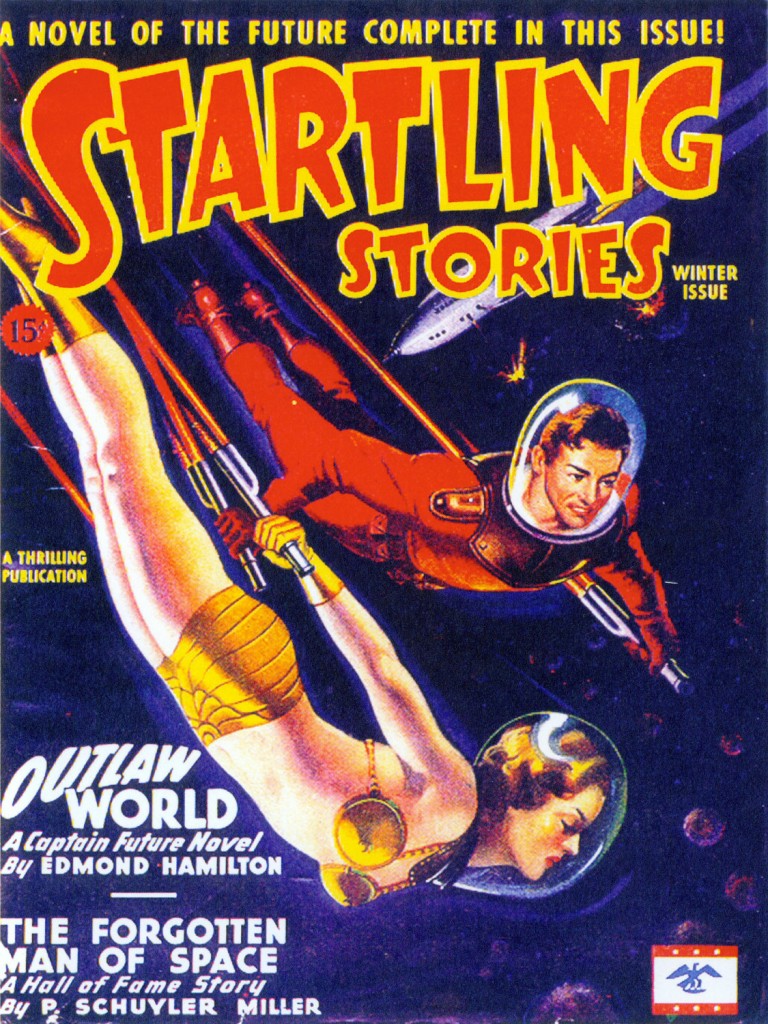Design Fiction has an important role to play in learning and enhancing our mind’s ability to adapt and create in the present and future. It can best be described, as Bruce Sterling said in this interview with Slate.com, as: “the deliberate use of diegetic prototypes to suspend disbelief about change”.
While this idea has been around for a while and has played a major role in the Sci-Fi genre over the years (Think 2001: A Space Oddyssey), the idea of incorporating design fiction in a pedagogical (educational) sense is something that is relatively new. There seems to be many arguments for utilising this sort of design in education. It teaches students the fundamentals concepts behind design, rather than teaching them the skills required to design. With these concepts, students are capable of designing and constructing medias and ideas well into the future. This is a perfect example of equipping individuals with the ability to adapt to change and any skills or disciplines they wish to partake in, rather than simply teaching them a skill-set that must be advanced when it expires, or is replaced by new technology.
Networked media at RMIT seems to allign very closely to the goals and reasoning behind design fiction. It’s obviously something that Adrian has looked into and watched closely.
After reading Matthew Ward’s, “Design Fiction as a Pedagogic Practice“, there was one point I took away that really stuck with me. I think it’s something that is important in all aspects of life if one is to be creatively free and possess freedom:
“1. All design is ideological
The social, cultural and political basis of those ideologies need to be exposed, interpreted and explored. In DF the ideological drive is laid bare for all to see. Deconstructing the economic and political underpinning of design is an essential skill to develop.”
The deconstruction and analysis of ideologies allows a proper understanding of why people act the way they do and why the world operates in the way it does. Understanding this allows you to break free of these boundaries and the shackles that are chained to your wrists and feet as a prisoner of society, and with this comes extraordinary creative freedom and possibility. That is not to say that ideologies are not important parts of society. They are. It is impossible to live without ideology. But it is important to understand and explore the possibilities that ideology presents.
Adrian Miles and Networked media aren’t the only things heading in this direction though. In my second semester (1st Year) at RMIT I have already been exposed to this idea of exploring and interpreting ideologies through the class Communication Histories and Technologies.
Aside from this idea, the other message that I am absorbing is to freely experiment and speculate. There’s no way to be innovative and creative without the freedom to speculate or explore new and untested ideas. There is a certain element of risk that needs to be accepted if one is to be creative.
The future of media and communication professionals seems to be pointing in a direction based around this sort of education and schools of thought. The people of the media will have a greater mental capacity for creativity and design that has never been experienced in such force. I’m excited to be part of this movement.



